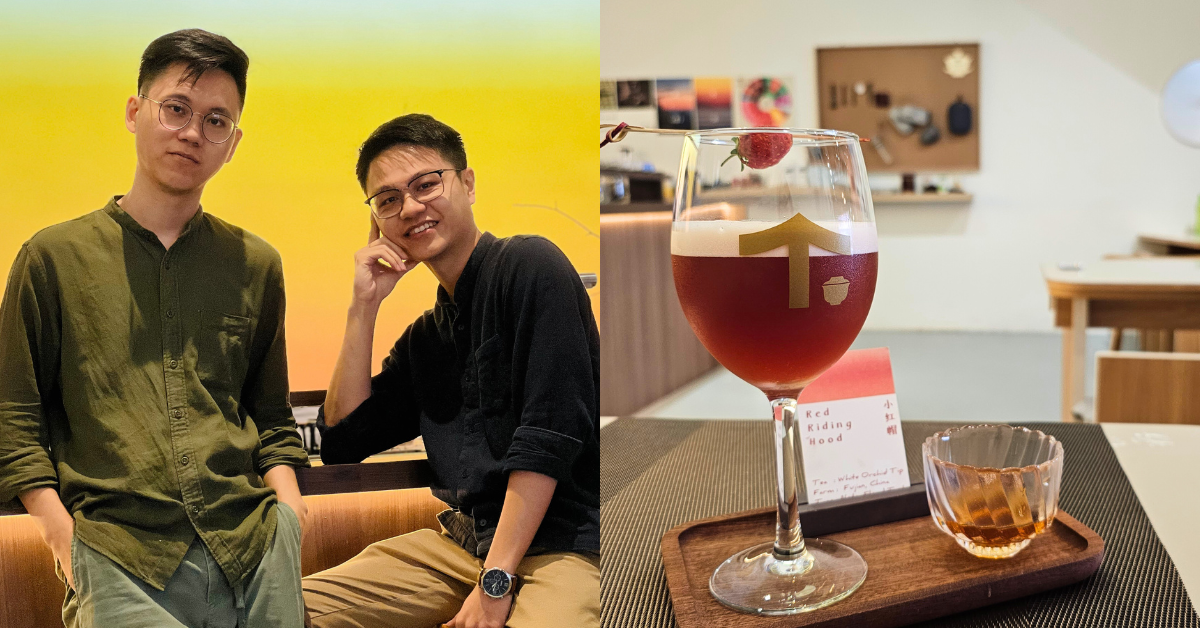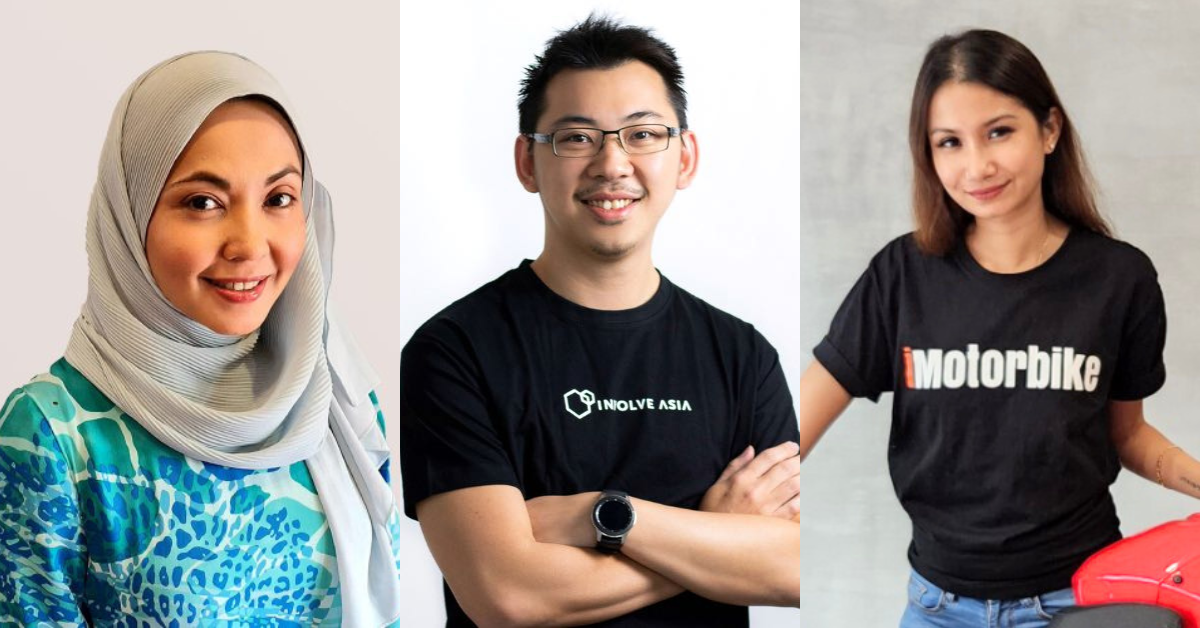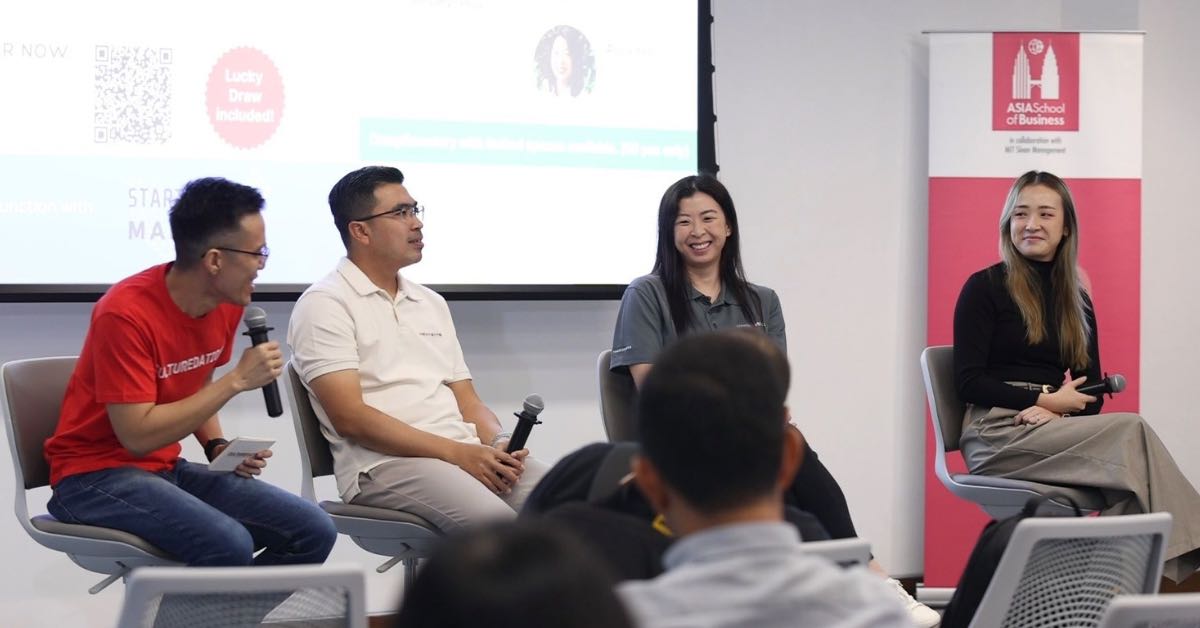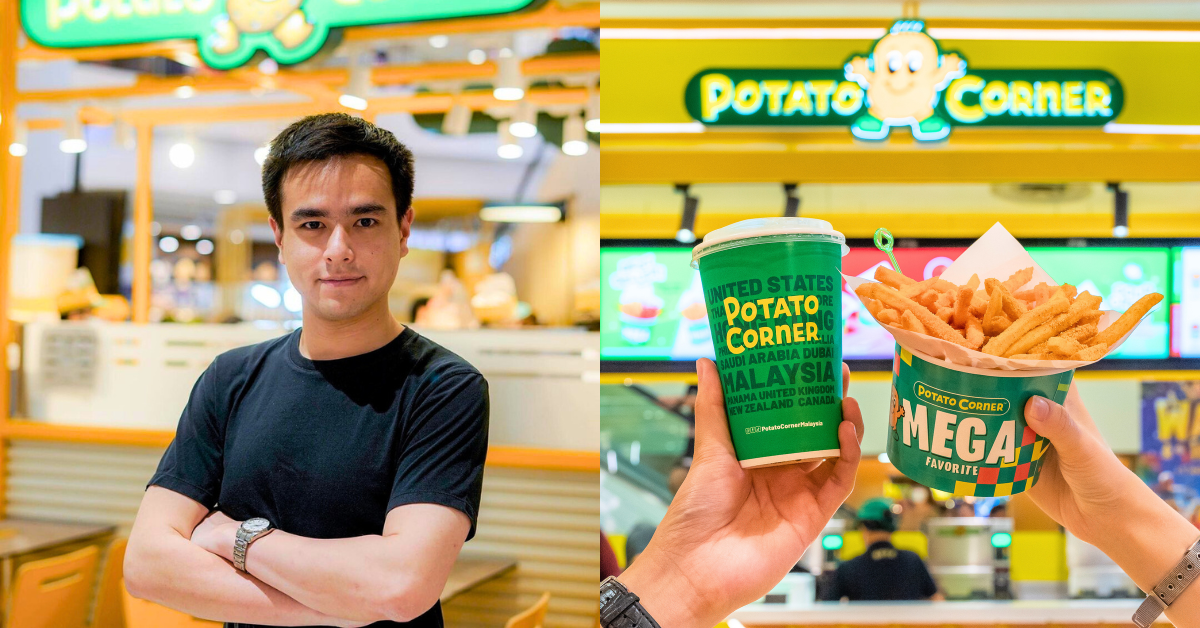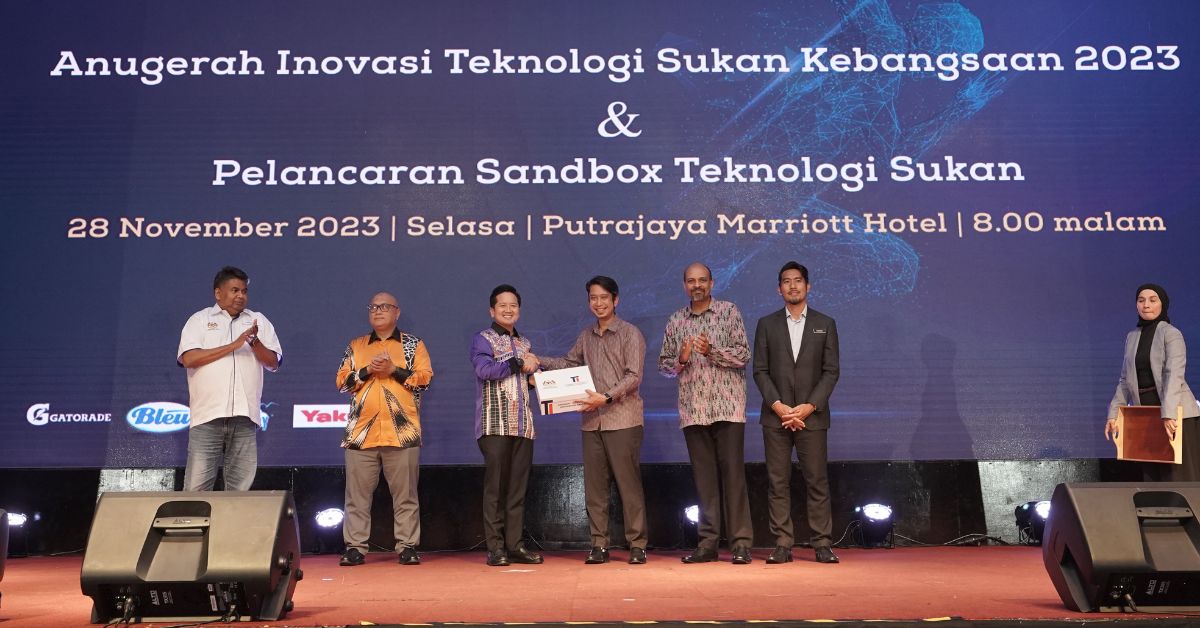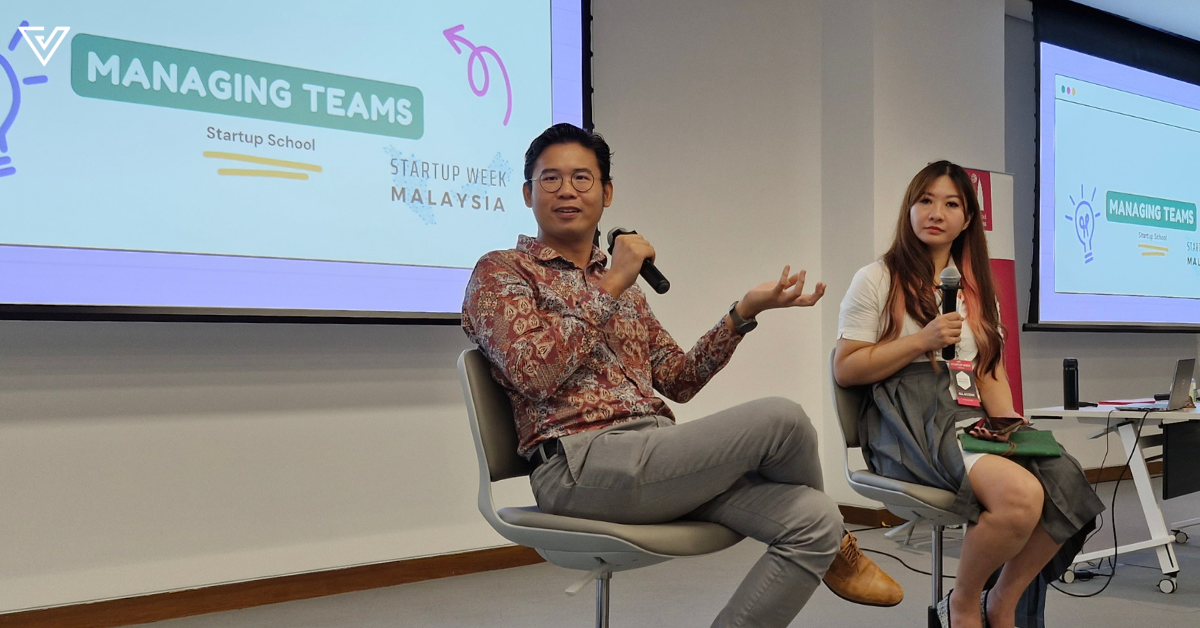What happens when an architect decides to work with his brother who’s an accredited arbourist? They start a modern tea house, apparently.
At least, that was the case with Penang-born brothers Jheeson and Jheeherng.
Jheeson, the elder of the two, is regarded as the creative force of the brand with his background in architecture and design.
Meanwhile, the arbourist is Jheeherng, who has built his interest in greens and plants into a landscaping career.
Interestingly, both had been working in Singapore for years before coming back to Malaysia to pursue their shared passion for creating a modern teahouse.
Launched earlier this year, Cha Inn Tea is the brothers’ contemporary teahouse. Basically, it’s a café, except instead serving coffee-based drinks, it’s spotlighting teas. With Cha being the Chinese word for tea, Cha Inn is essentially a place for people to rest and relax to a good brew.
The concept for this took root approximately three years ago, when the two were still in Singapore.
“During that time, I had the opportunity to participate in ateaceremony organised by seasoned experts with extensiveteabackgrounds,” Jheeherng shared.
He recalled being genuinely amazed by the exquisite taste of high-qualityteaas well as the cultural depth it held. At the same time, he felt that this rich experience wasn’t reaching others in the younger generation, and wanted to do something about that.
As for Jheeson, he shared that it has been a long-standing plan of his to establish a space designed by himself, creating a brand from the ground up.
“A place that not only I but others could also relish,” Jheeson mused.
Given his passion for food, the initial plan leaned toward running a cafe/design atelier. But as the brothers came together, they saw an opportunity to merge their distinct interests.
“Why not make the delightful experience of sipping fineteaand relishing good food more accessible for everyone?” they wondered. And then, “Why not bring this experience to Malaysia, our homeland?”
Cul-tea-vating the required skills
Coming from different backgrounds, each brother brings their own skillsets to the table. Jheeson is in charge of the interior design, branding design, and recipe creation, including plating.
“Transitioning from being an arbourist dealing with living plants to working with non-livingtealeaves might seem a bit off,” Jheeherng said.
“However, my profession continues to guide me in understandingtealeaves, their characteristics, cultivation methods, their impact on flavour profiles, historical findings, culture, and more.”
While they both have their own expertise that has helped in the journey of Cha Inn, neither actually have entrepreneurial experience, much less when it came to F&B.
As such, Jheeherng actually underwent apprenticeship at Purple Cane in Malaysia, learning from teafarmers and teamasters from Fujian.
“There’s so much to learn, and I am really keen to impart what I have learnt to more people,” he expressed.
Finding an opportuni-tea for food pairings
Interestingly, Jheeherng actually has a mild sensitivity to coffee. On the flip side, Jheeson had been more of a coffee person, and brought with him the desire to create a fusion-based coffee recipe.
This inclination led the brothers down the path of mixology, creating what can be seen as tea-based mocktails.
Speaking on where they get their inspiration for new concoctions, the brothers credited their friends, customers, as well as teafarmers, barista friends, and bartenders from all over.
“There are generally two drivers behind our recipe creation,” they elaborated. “Firstly, we aim to create beverages that allow our customers to taste something they’ve never experienced before. Secondly, we craft recipes based on what our customers are fond of.”
For example, the best-selling mocktail, Red Riding Hood, actually originated from a customer’s request for a chilled oolong with a refreshing profile.
Prices of the drinks are around the RM15 mark, while the prices for food are around RM15-RM25.
Aside from that, Cha Inn also rolls out a seasonal menu based on the seasonaltealeaves they’ve sourced to offer something entirely new.
Tea aside, a specialised offering at Cha Inn are their tea pairings.
Much like how a sommelier pairs wines with dishes to elevate both the food as well as the drink, Cha Inn also offers a dining experience to accompany their teas.
“In the experimental phase of introducing newteaand dining experiences, we’ve blended traditionalteapairings (such as hotteawith dim sum) with contemporary pairings (e.g., hanbao withtea champagne, pasta with mocktail),” they explained.
Aside from ensuring the food items go well with the drinks, the brothers described Cha Inn’s approach to food as rooted in contemporary, innovative, and Chinese-fusion principles applied to a common cafe cuisine.
The hanbao (Chinese hamburger) is an example of that, mixing Western-style elements with Chinese ingredients, AKA the steamed mantou, and Chinese flavours like black vinegar and mala.
“We crafted them with the principle to harmonise with our Champagne SodaTea. Just like eating a Big Mac with Coke, but in a whole new experience,” they compared.
The drink of the future?
Lately, we’ve been noticing more and more tea-based establishments. For one, there’s Beca Tea, which is also selling innovative tea-based beverages. Has tea become the “in” thing now, rather than coffee?
“I would say yes, though still far away from being prominent,” they shared.
To begin with, Malaysians have always enjoyed tea drinks. Just think about the common drinks such as chai, teh tarik, Chinese tea, and milk tea.
“What’s particularly intriguing is our market’s growing appetite for more premium yet accessibleteaoptions,” the brothers pointed out. “Serving a good cup ofteais one thing, but the act of servingteahas evolved into an entirely different realm.”
We strongly sense that theteabeverage market has identified the immense potential for freshteaexperiences and business opportunities, especially in catering to a more youthful, premium, and dynamic market.
Perhaps this recognition is the primary driving force behind the modernteamovement we’re currently experiencing.
While a growing interest for tea is a good thing, it’s also worth noting that this also means competition for Cha Inn.
That said, the duo believes their unwavering commitment to Eastern teas and Chinese-inspired cuisine sets their offerings apart.
“Our professionalteaand food pairing recommendations are relatively uncommon in the market, contributing to our competitive edge,” they said.
Looking ahead, the brothers envision making their unique offerings even more accessible to the market. This might mean establishing a grab-and-go concept or offering self-brew teas and products. They also aim to host workshops and collaborate with stores to share their approach totea.
For now, Cha Inn is focusing on navigating the modern tea scene in PJ. As one of the forerunners when it comes to innovative tea offerings, the brothers don’t have many predecessors to learn from.
That said, they have one great resource on their side—their customers.
“As the saying goes, ‘customers are the best advisers,’ and this couldn’t be truer for us,” they said. “Moving forward, we will continue to introduce newteapairings and observe until we find the perfect formula that resonates the best with our customers.”
Learn more about Cha Inn Tea here.Read other articles we’ve written about F&B businesses here.
Also ReadSick of mistakenly buying fake products online? TikTok Shop has a solution for M’sians.
Featured Image Credit: Cha Inn Tea / Vulcan Post


